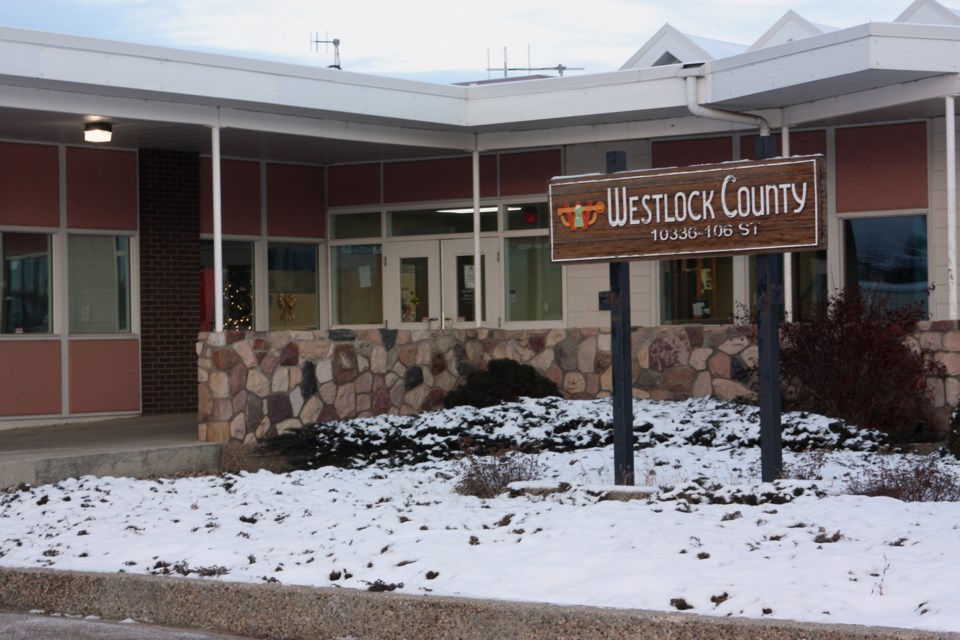WESTLOCK — Westlock County is facing close to $3.5 million in unpaid taxes since 2017, most of them from the oil and gas sector.
From 2017 to 2019, oil and gas businesses in the county have accumulated $2.12 million in outstanding taxes — or 84 per cent of unpaid taxes for the same time period. They’ll be writing it off the books Feb. 23 in order to access some provincial relief.
The county can only recover about $135,000, but it’ll go toward paying provincial requisitions for education and industry. In 2020, the county applied for and received $112,537 in Provincial Education Requisition Credit and Designated Industrial Requisition Credit money, and has applied for another $22,000 this year to cover leftover 2019 outstanding taxes.
“It really does show the gravity of our situation, it’s really important that council understand this,” said deputy reeve Brian Coleman in a Feb. 16 governance and priorities meeting, when admin told councillors they’ll be asked to write off the $2.12 million.
For 2020, $891,000 in tax money is still unpaid, but it’s not clear how much comes from oil and gas.
The county’s director of finance, Peggy Hardinge, said the county will still have to pay the Senior’s Housing Requisition to the province, worth $16,880 for 2017-2019. There is no credit program in place to cover that amount.
“At this point, it’s better for us to take it off of our ledger, but we’ll still keep an eye on it and we’ll see what happens with all this lobbying through (Rural Municipalities of Alberta) and all the other discussions that are going on,” Hardinge said.
She made the recommendation on the advice of auditors.
Writing off the unpaid taxes will free up $418,000 from the 2021 projected penalties budget, however, Hardinge said. Since they expected properties which didn’t pay their taxes won’t be paying the penalties either, they budgeted those as bad debts—an accounting practice that allows admin to reconcile tax rolls with predicted delinquencies and arrears.
Since 2018, the county has budgeted $2.8 million for bad debts, which is enough to cover the total write off.
Hardinge said the one-time Municipal Operating Support Transfer they had planned to use for bad debts will be freed up for other COVID—related expenses.
“I think it’s important that we do this, because it’s going to help us somewhat with finalizing our 2021 budget, it’ll give us a bit of extra money and it aligns with what the auditors want,” Coleman said.
Coun. Dennis Primeau says the MOST money they’d free up should be used to cover any potential unpaid taxes from businesses affected by COVID-19. More information on the MOST grants and other effects of the unpaid taxes will be available once the county finalizes its 2021 budget.
Unpaid taxes from the oil and gas sector have been an ongoing issue for municipalities across the province. The PERC and DIRC programs were opened up in 2017, but only apply to some of the taxes municipalities collect on behalf of the provincial government.
Currently, there are no avenues for municipalities to recover the money. In 2020, after pausing a plan that would’ve reduced oil and gas assessments, then-Municipal Affairs minister Tracy Allard said they’ll attempt to come up with a solution during the three-year review of the assessment plan.
“We have been working with RMA and reporting the tax collection issue. They are lobbying the province on our behalf,” said McDonald in an e-mail to the News.



